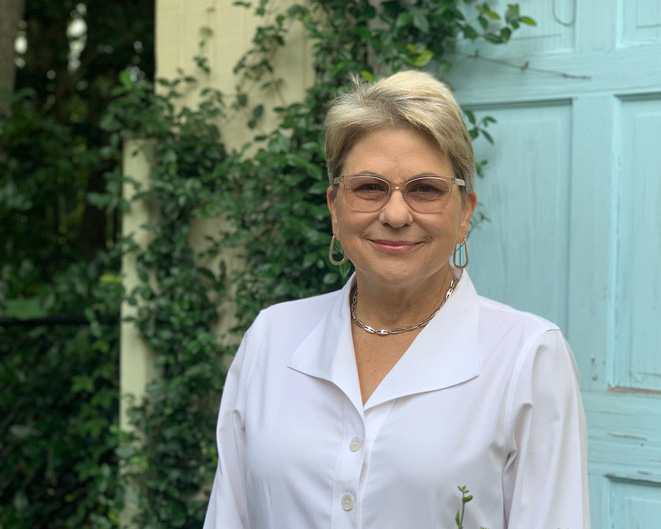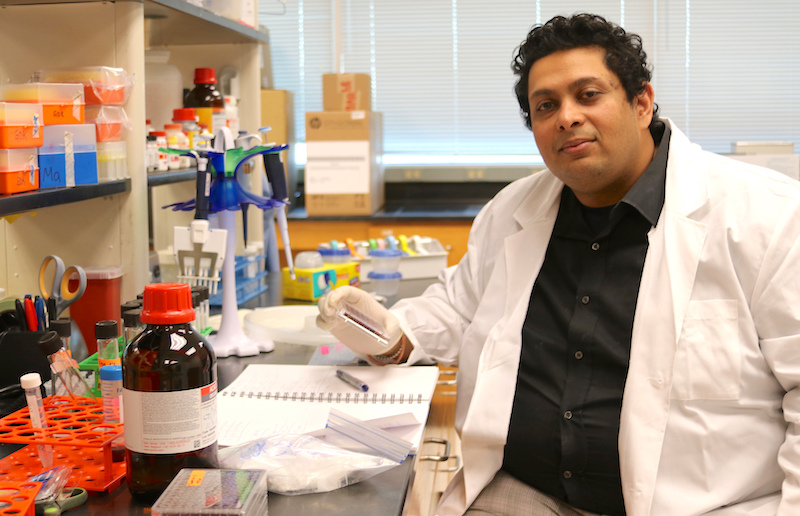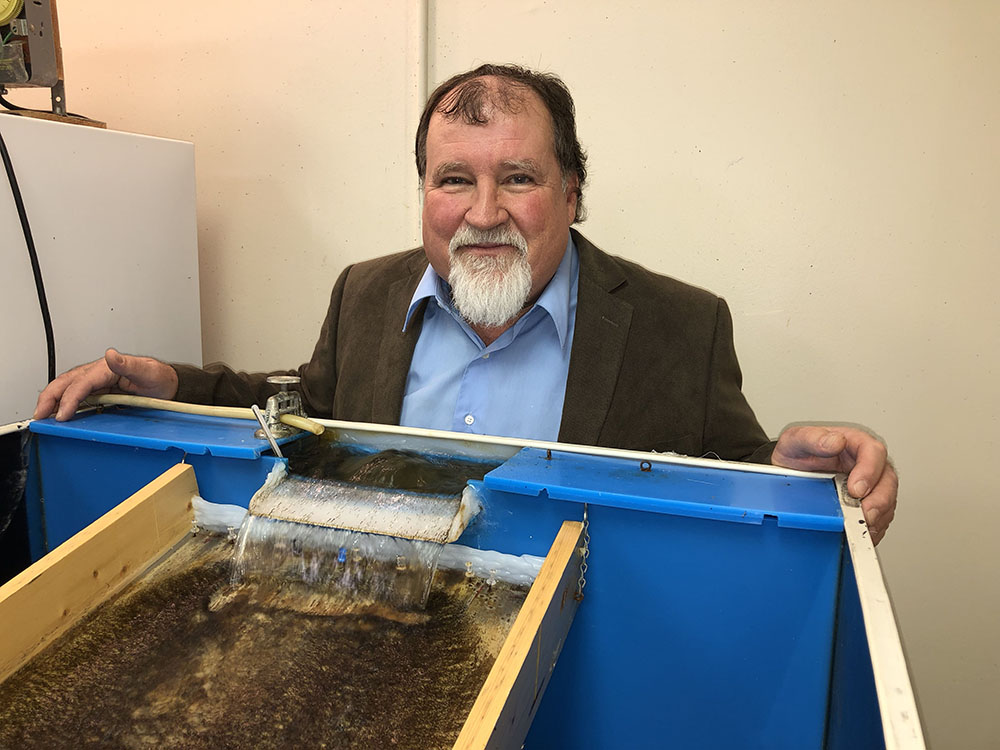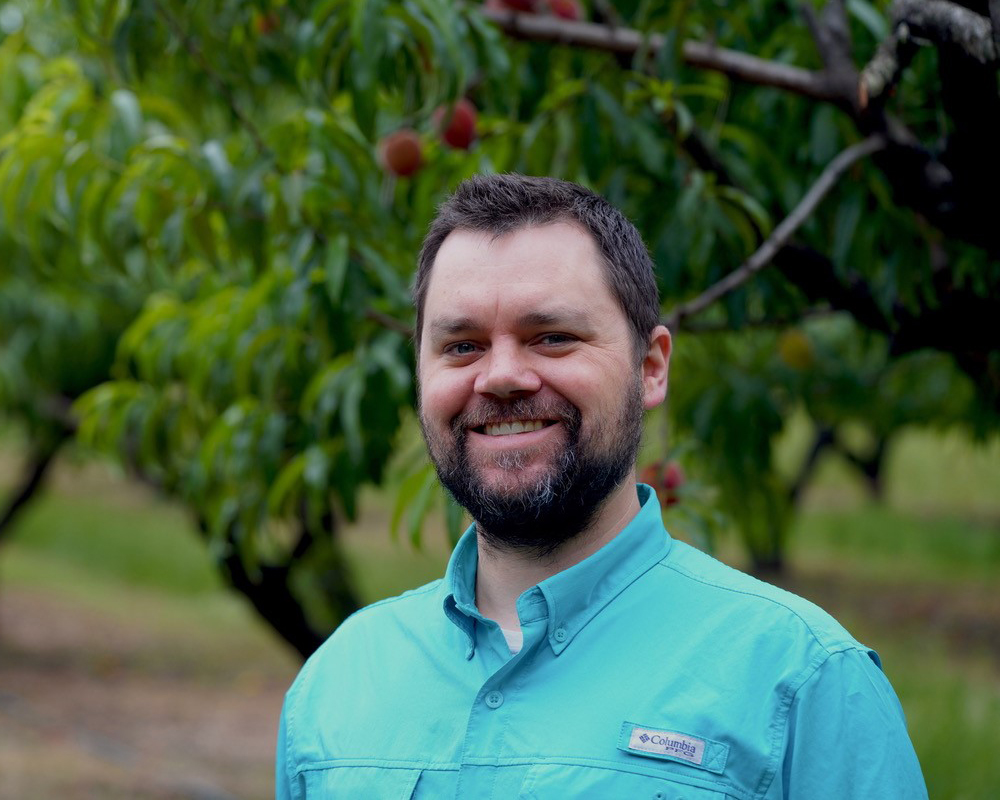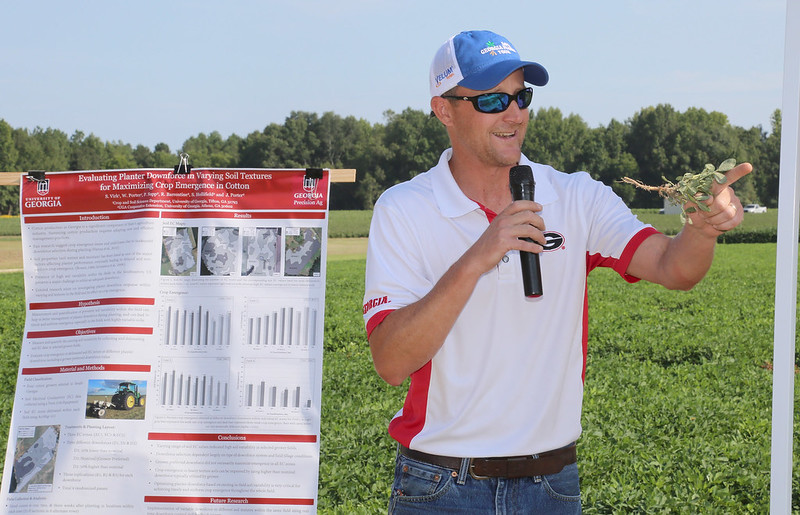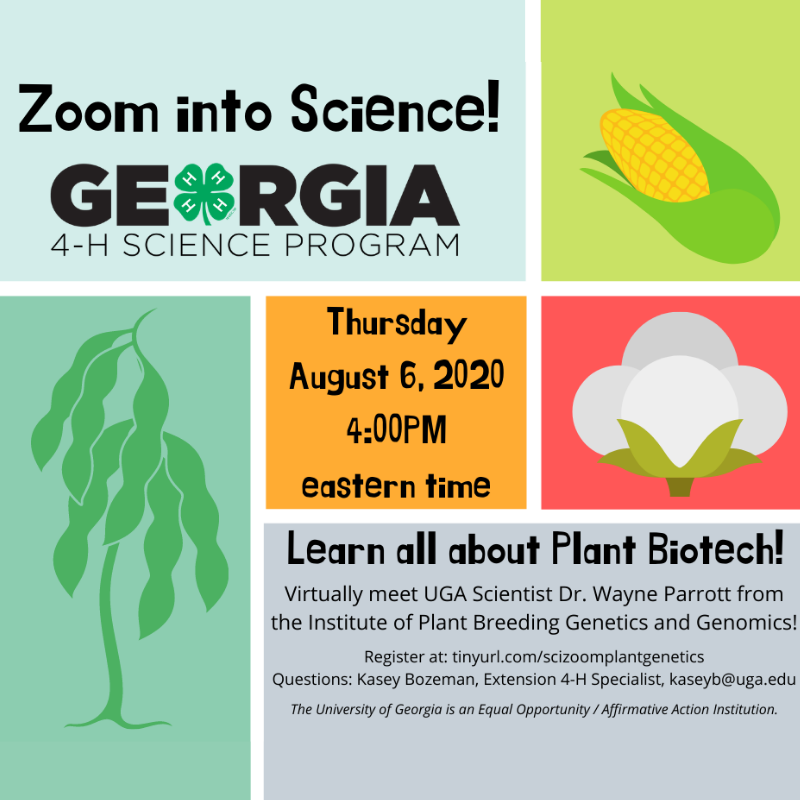 CAES News
CAES News
Spiky COVID-19 particle no match for taste bud cells
A new study from the Regenerative Bioscience Center at the University of Georgia is the first to suggest that COVID-19 does not directly damage taste bud cells.

